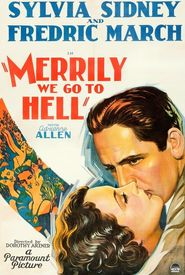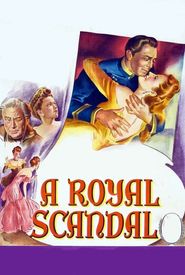Edwin Justus Mayer, a renowned writer of great distinction, made his entrance into the world on November 8, 1896, in the vibrant city of New York, situated within the state of New York, in the United States of America. Throughout his illustrious career, Mayer would go on to leave an indelible mark on the world of literature, with his works including the critically acclaimed films "To Be or Not to Be" released in 1942, "Underground" released in 1941, and the 1932 classic "Merrily We Go to Hell". Mayer's personal life was also marked by a profound connection with his beloved wife, Mrs. Frances O'Neill McIntyre. Sadly, his life came to a close on September 11, 1960, in the same city where he was born, New York City, New York, USA.

Edwin Justus Mayer
Deceased · Born: Nov 8, 1896 · Died: Sep 11, 1960






























